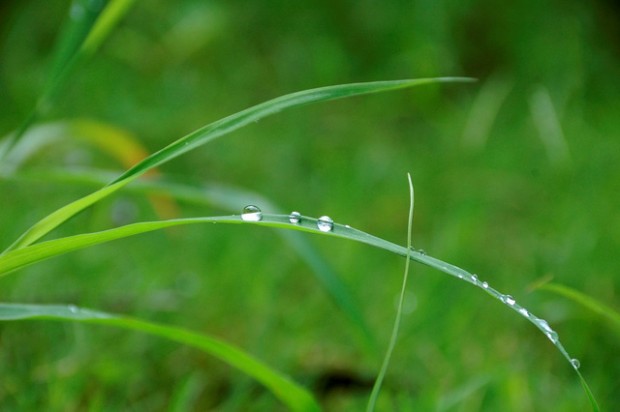You have no items in your cart. Want to get some nice things?
Go shopping
Imagine a whitewashed cottage, smooth flagstone floors, an oak table where you’ll serve hearty meals for your family and elegant eulogised feasts for guests. The garden wild with bindweed will be harder to imagine but you’re willing. You’ll labour to fell dead trees, hands criss-crossed with blood. In spring you’ll sow a lawn, flowers and borders of whispering flamegrass.
At night your husband sets a fire in the inglenook. You lie naked, bathed in candlelight, anticipating his touch. Your husband is an inventive lover, his passion athletic and swift. In this manner your son Casper, a musical prodigy is conceived.
At 22 Casper will give up music for philosophy following trouble with cocaine. He’ll go to rehab, twice, which you’ll fund by working in a Peugeot concession selling cars – cars with leopard skin seat covers, car with ipods and sat nav, cars with sun roofs in thirty shades of blue, trimmed in matt, metallic or pearl.
You’ll move smoothly around the showroom as if on casters smiling, slapping your hand on bonnets, ‘Now, isn’t that a great car?’ you’ll say.
By 25, your son’s thinly wired talent will be subsumed by layers of grey doughy flesh, his steps muffled as he pads from bedroom to fridge and back to bed. He’ll only talk to you standing in doorways, and then only to tell you his new Derrida theory; something to do with the consciousness of cats. You’ll stare into his dead fish eyes, overwhelmed by a need to locate him; to ask if he still follows the cricket, or flattens his socks with the palm of his hand before putting them on, if he still sleeps with the radio on.
‘Think about it,’ he says.
Imagine stepping over your husband as he lies prostrate on your flagstone floor, making yourself a cup of tea while you wait for the doctor. At night he runs through country lanes, compelled by frustration or anxiety, a need to escape, his skinny body lurching, rising and falling into the lights of oncoming cars. He’s shed weight, his ribs bow and buckle, the skin between stretched so taut it could shear from bone.
‘You don’t understand,’ he says, sweat darkening his white vest as he heaves himself to his feet by holding on to the handle of the fridge. He’s slipped a disc or trapped a nerve, you no longer recall.
You no longer make love.
Imagine learning Spanish, rolling your r’s, trying to master the heat and growl of the language but your accent lacks the necessary conviction so you take up T’ai chi running through sequences in slow-mo while your Japanese instructor, 25 years old, hairless as a dolphin says: ‘You must please to go more slow, you are doing elobix.’
Red faced you still your circling limbs to White Crane – a symbol of immortality, of power and patience. The fat man next to you sniggers.
A period of despondency will follow fuelled by dashes to the Co-op for Chardonnay and cigarettes, plans to change your life. When it passes you’ll enrol on an assertiveness course and do paired exercises with women who look each other in the eye and say: ‘You are beautiful. Your life is beautiful. You can do beautiful things.’
Then one day you are older. This does not feel beautiful. It feels like being mugged: your flirtatious smile, your hopes to pursue an early promise for the cello or organisational management have been stolen in a snatch and run, hurled from a car window and lie sodden in the gutter behind you. When you raise an arm, your flesh swings slack, loose from intention.
What, you wonder, would Derrida make of that?
It’s July. Dusk finds you alone in your garden. Inside the house your husband watches TV. A flickering blue light swims across the lawn. You stand still, still as you dare waiting for darkness to swallow your silhouette in the shadowy borders of flamegrass.
Then, and only then, do you lower yourself to the lawn, crawl worm belly over its damp pelt, your fingers digging through its matted roots. Earth crumbles under your nails, blackens the cracks of your knuckles: seas, crustacea, dinosaurs, insects, powdered bone, mountains, trees, obsidian, dust from distant galaxies and more; all of life compressed to dirt. This is all that binds you to the world.

About Christina Sanders
Chris Sanders has been writing short stories for over ten years. She has been published in: Writing Women, Quality Women’s Fiction, Peninsular and TQF. In 2011 she won an Arts Council bursary to appraise her first novel, and has contributed to various Arts Council writing projects. At present she is working to complete a collection of short stories on the theme of ‘Compromise.’ Chris Sanders holds a Masters in Education, and is currently working with women from BME communities in Hastings to use storytelling as a way to explore identity and heritage.




